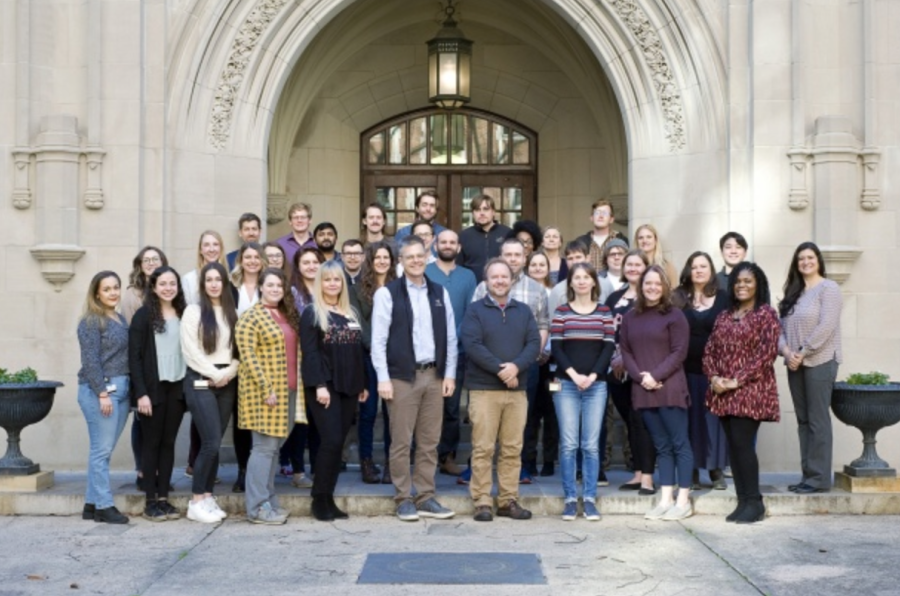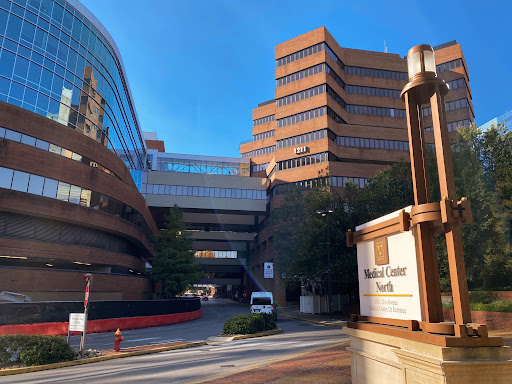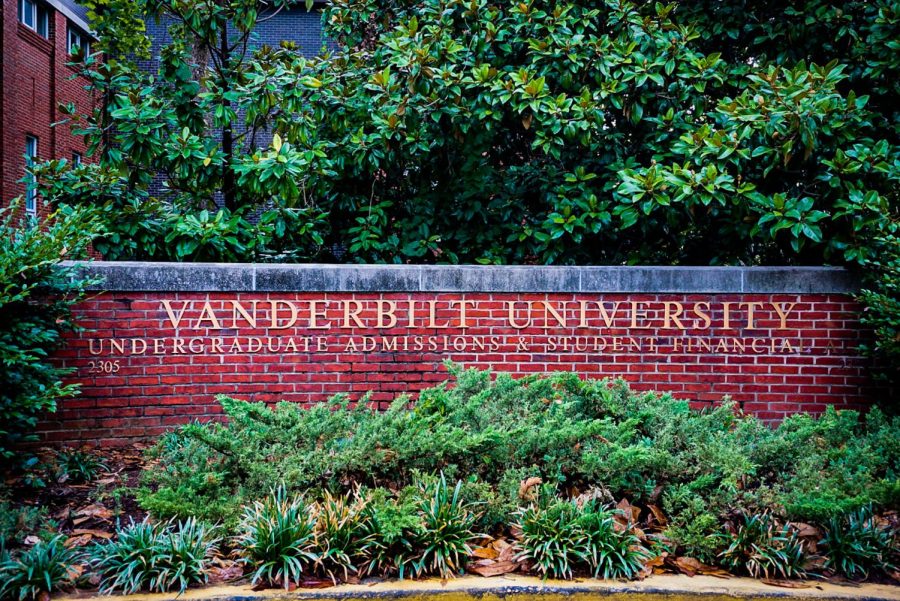COVID-19 preventing antibodies were discovered at the Vanderbilt Vaccine Center and are targeted towards immunocompromised patients unable to produce their own antibodies. The antibodies were licensed to AstraZeneca in June 2020 and are available in limited supply to patients across the country under FDA Emergency Use Authorization.
Evusheld—the preventative therapy by which patients receive the antibodies—is the only antibody currently in use for prevention of COVID-19, per Dr. Robert Carnahan, one of the researchers who identified the antibodies. The antibodies are effective against the omicron variant for a shorter duration than other variants, although the researchers are still trying to determine the cause for this discrepancy. According to Carnahan, Evusheld has already completed stage three clinical trials for COVID-19 prevention and protection.
Evusheld received Emergency Use Authorization because it is the only antibody drug that has been discovered for protection prior to exposure. There is a lack of sufficient alternate preventive therapy for individuals with compromised immune systems, comorbidities or immunosuppression from organ transplants.
“What happens in immunocompromised people or cancer patients is they can get two, three, four boosts of the vaccine and they still have really poor immune response to the virus,” Carnahan said. “In that case, Evusheld would kind of ‘top them up’ so they can get enough protection that would be equivalent to someone with a fully-functioning immune response.”
Evusheld has been granted Emergency Use Authorization by the FDA and around 400,000 doses have been administered, according to Carnahan. However, it has not received full FDA approval, even though the clinical trial has been completed. The hope is that Evusheld will attain full FDA approval by this summer, per Carnahan.
“The full FDA approval process is a long, arduous back-and-forth between the FDA and the company. For example, they may have to do some extra analyses for full approval,” Carnahan said. “Emergency Use Authorization allows the FDA to release for use once the clinical trial looks good while they are going through the bureaucratic process for full approval.”
Carnahan explained that, although availability of Evusheld has improved since it was approved, it is still in short supply.
“The U.S. government has bought around a million doses and distributed it by a system that they think is fair,” Carnahan said. “It sort of trickles down to the states; the states distribute it out to medical centers. There is not enough of it to go around right now, and they are trying to work on that.”
Per Carnahan, the antibodies in Evusheld are altered by AstraZeneca to become long half-life antibodies by a specific mutation. Therefore, Evusheld antibodies circulate through patients’ bodies for 6-12 months and provide protection from COVID-19 during this time. Preventive therapies generally have long half-lives because they need to remain in the patient’s system for a period of time in order to protect them. In comparison, antibody treatments are administered to patients who are infected and only need to remain in their system until they recover.
VUMC began identifying the antibodies in late January 2020, and the Vaccine Center proved the antibodies’ efficacy by May 10, 2020, according to Carnahan. AstraZeneca then developed a manufacturing process for the antibodies for six months and started running clinical trials in late 2020.
Per Carnahan, AstraZeneca experienced difficulty enrolling patients for the trials both in late 2020 and after vaccines became available. Vaccinated patients could not participate in the clinical trial because they would be unable to isolate the effects of the therapy. Additionally, COVID-19 was circulating at relatively low rates in late 2020, so the effectiveness of the therapy could not be tested.
“They had to run a much longer clinical trial; they just had to wait,” Carnahan said. “Eventually, COVID-19 cases started to go back up again. They found their way to a big enough population to have a significant result.”

















